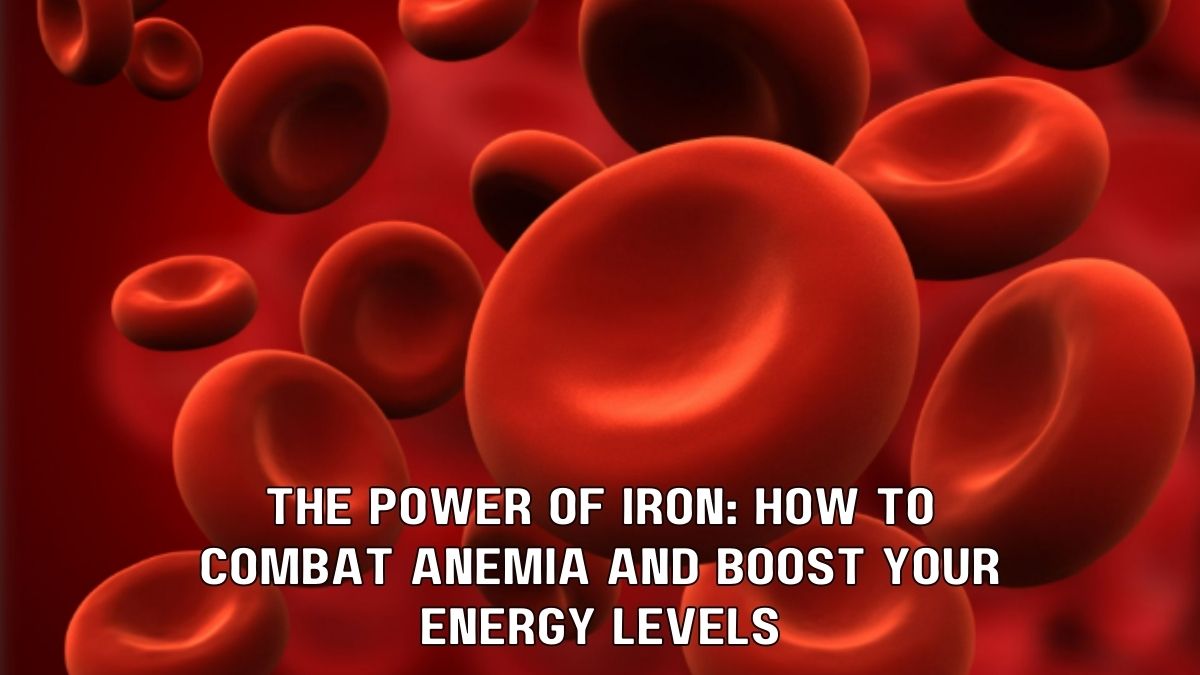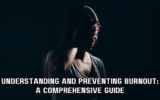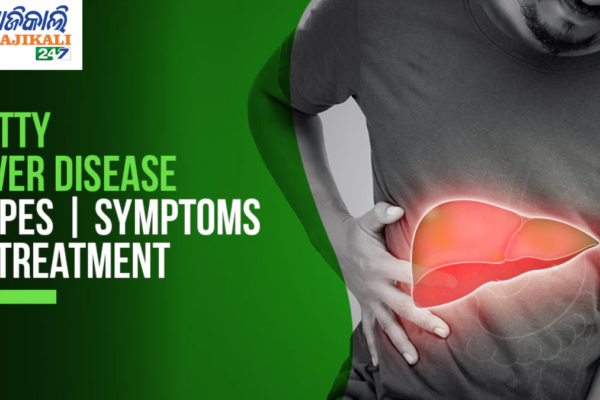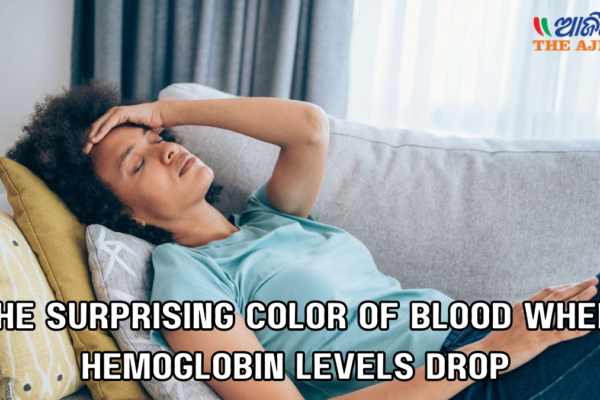Introduction:
Anemia, a condition characterized by low levels of red blood cells or hemoglobin, can lead to persistent fatigue, weakness, and a lack of energy. One of the primary causes of anemia is iron deficiency, which hampers the body’s ability to produce healthy red blood cells. However, by understanding the power of iron and implementing strategies to combat anemia, it is possible to boost energy levels and regain vitality. In this blog post, we will explore the significance of iron in combating anemia and provide practical tips to help you increase your iron intake and improve your overall energy levels.
1.Understanding Iron Deficiency Anemia:
Iron deficiency anemia occurs when the body doesn’t have enough iron to produce sufficient red blood cells. Iron is crucial for the production of hemoglobin, the protein that carries oxygen to the body’s tissues. Without enough iron, the body can’t transport oxygen effectively, leading to fatigue and weakness.
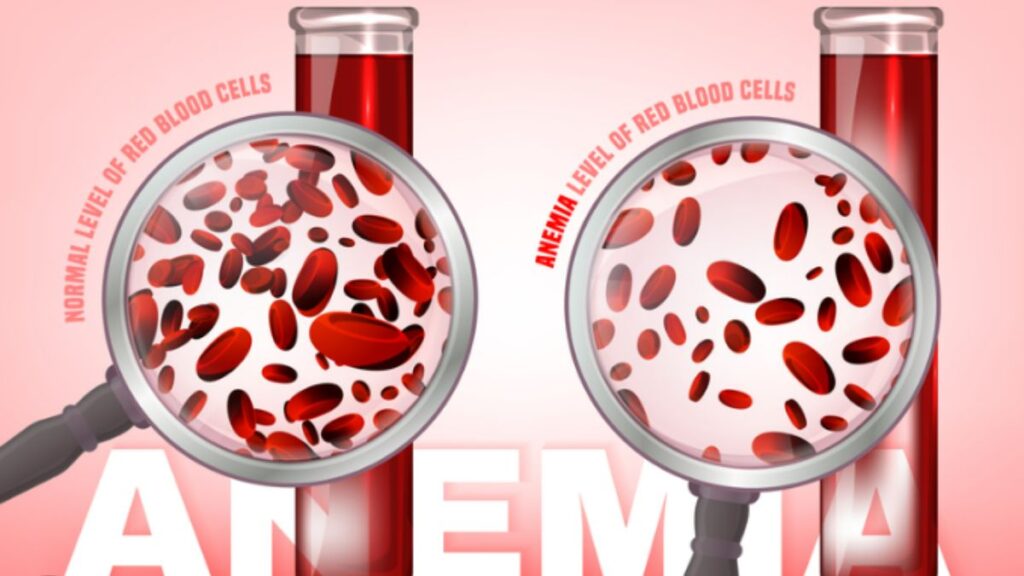
2.Recognizing the Symptoms:
Common symptoms of iron deficiency anemia include chronic fatigue, weakness, pale skin, shortness of breath, dizziness, headaches, and brittle nails. If you experience these symptoms, it’s important to consult a healthcare professional for proper diagnosis and guidance.
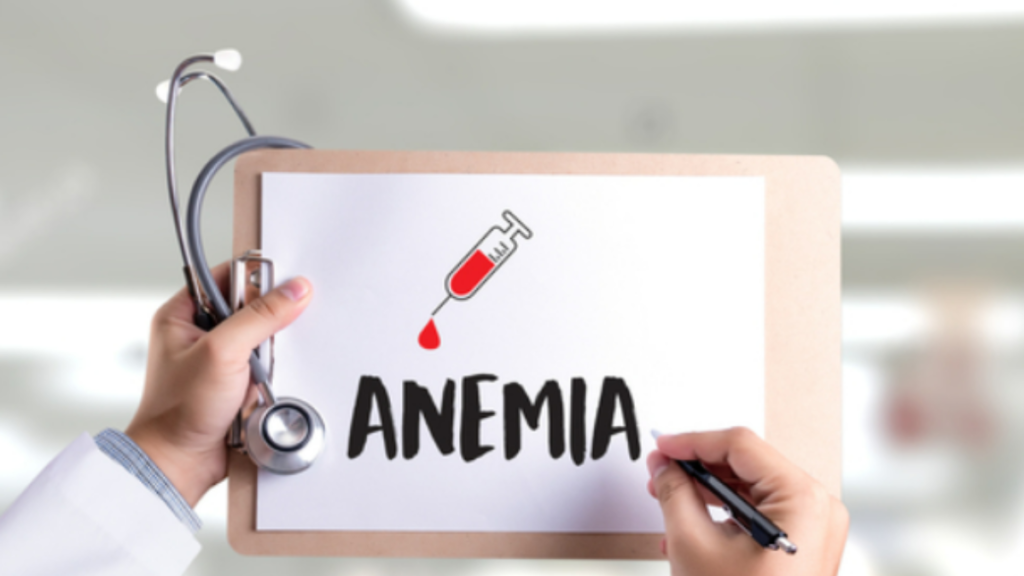
3.Boosting Iron Intake Through Diet:
One of the most effective ways to combat anemia is by increasing your dietary intake of iron-rich foods. Incorporate sources of heme iron, such as lean meats, poultry, and seafood, as they are highly bioavailable. Non-heme iron sources, including leafy greens, legumes, nuts, and fortified cereals, can also contribute to your iron intake. Combining these iron-rich foods with sources of vitamin C, like citrus fruits or bell peppers, can enhance iron absorption.
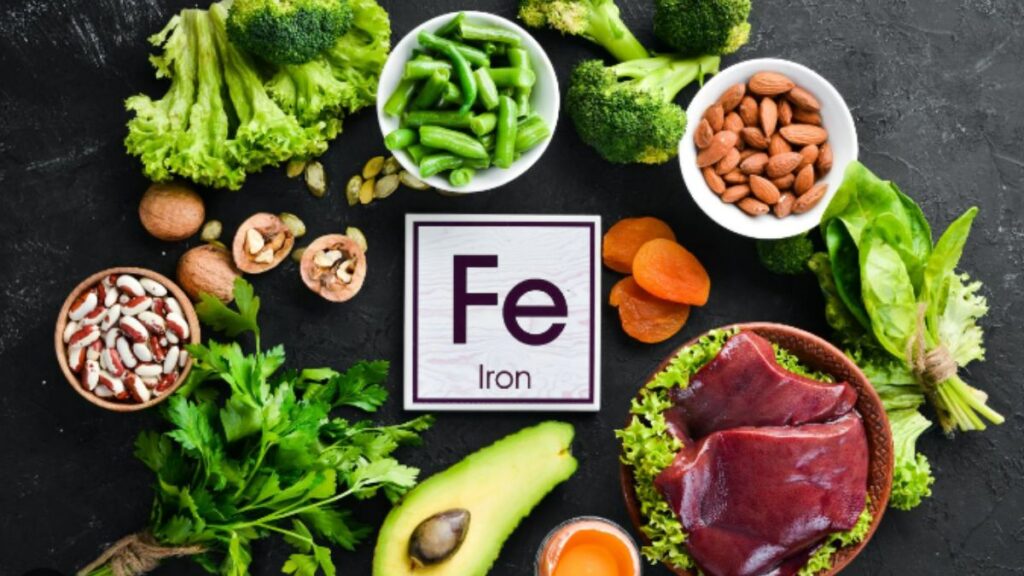
4.Consider Iron Supplements:
In some cases, dietary changes alone may not provide sufficient iron levels. Iron supplements can help bridge the gap and replenish iron stores. Consult with a healthcare professional before starting iron supplementation to determine the appropriate dosage and ensure it won’t interact with any existing medications or conditions.
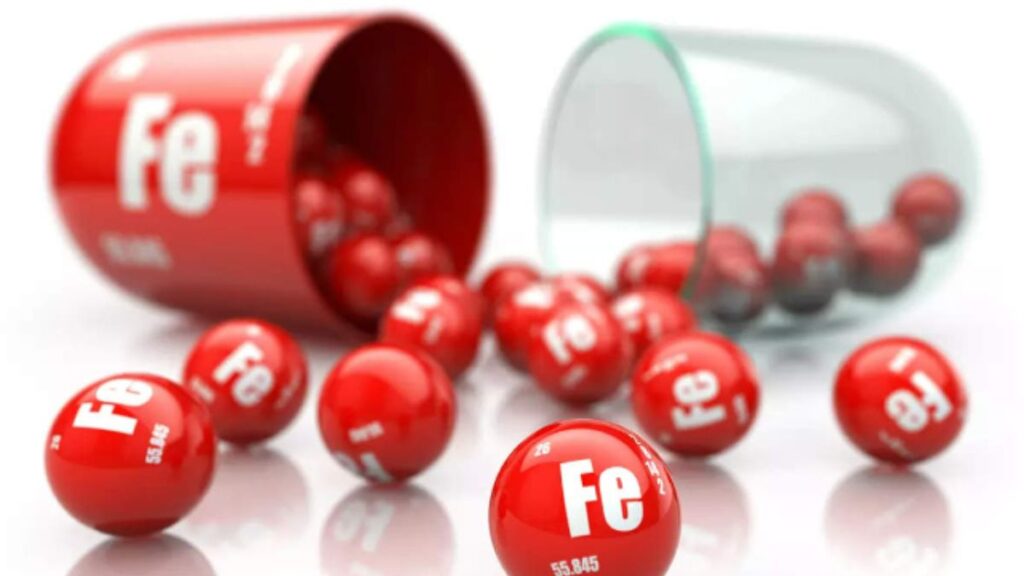
5.Cooking with Cast Iron:
Cooking with cast iron cookware can be beneficial for those looking to increase their iron intake. Small amounts of iron can leach into the food during cooking, which can contribute to your overall iron consumption. However, it’s important to note that the iron content from cast iron cookware may not be enough to meet all of your iron needs.

6.Enhancing Iron Absorption:
Certain dietary factors can either enhance or inhibit iron absorption. To maximize iron absorption, avoid consuming calcium-rich foods or supplements, coffee, and tea alongside iron-rich meals, as they can hinder iron absorption. On the other hand, incorporating foods rich in vitamin C, such as citrus fruits or berries, can enhance iron absorption.

7.Regular Monitoring and Follow-up:
If you’ve been diagnosed with iron deficiency anemia, it’s important to regularly monitor your iron levels and follow up with your healthcare professional. They can assess your progress, adjust your treatment plan if necessary, and provide ongoing support and guidance.
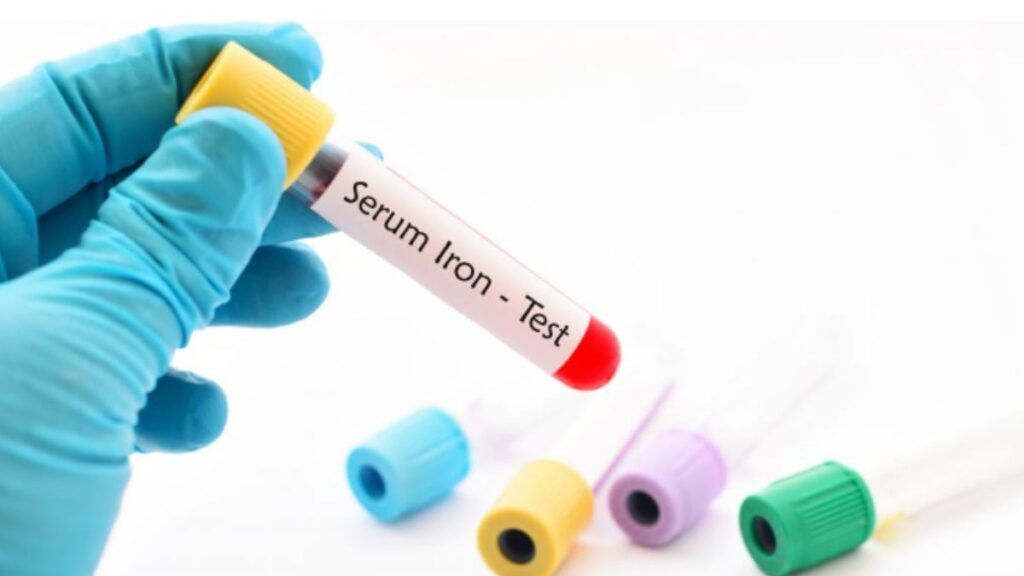
Conclusion:
Iron deficiency anemia can significantly impact your energy levels and overall well-being. By understanding the power of iron and implementing strategies to combat anemia, such as increasing iron-rich foods in your diet, considering iron supplementation when needed, and enhancing iron absorption, you can boost your energy levels and regain vitality. Remember to consult with a healthcare professional for proper diagnosis, guidance, and monitoring to ensure your iron levels are restored effectively. With the right approach, you can overcome anemia and enjoy a more energetic and vibrant life.

